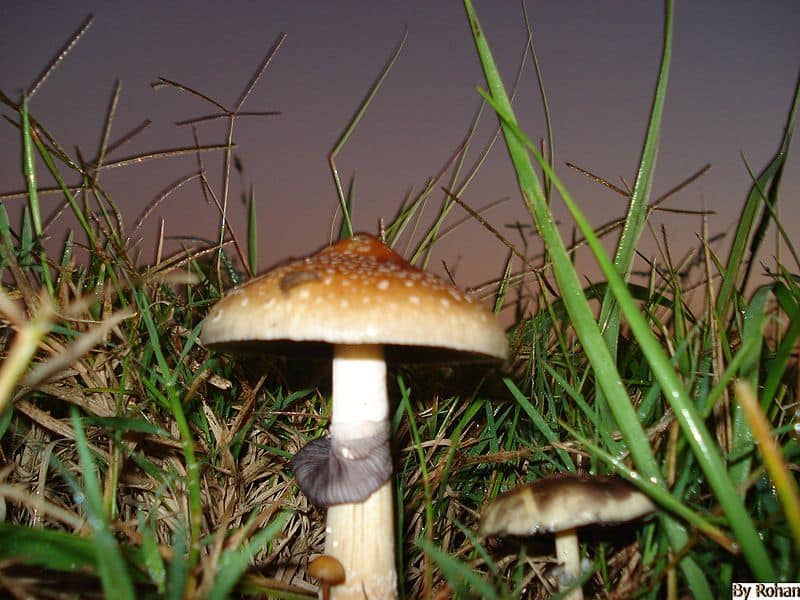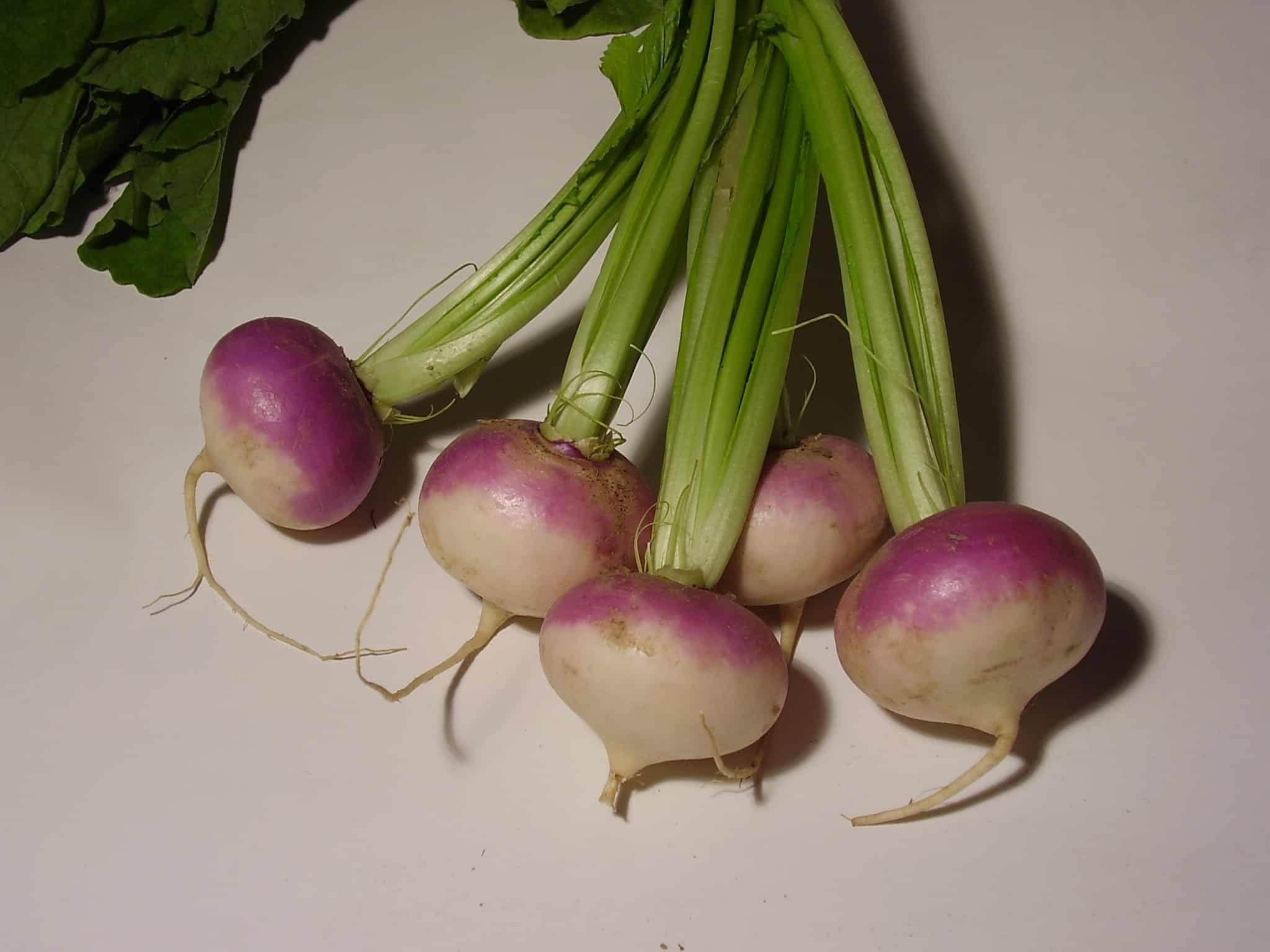Okra (Abelmoschus esculentus) are known in manyEnglish-speaking countries as lady’s fingers orgumbo) is a flowering plant in the mallow family, related to cotton and hibiscus. It is valued for its edible green seed pods. It is cultivated for the pods, which are harvested in the immature stage and used in salads and soups.
Okra is a plant that produces an edible pod that is eaten as a vegetable. It originated in Africa, perhaps Ethiopia, and was brought to the Americas with the slave trade. The pods are green, have a ridged skin, and generally a narrow, tapering shape, although some can be almost round. (Pods longer than about 4 inches are likely to be tough and fibrous). In cooking, okra exudes a gummy fluid that often thickens whatever dish it’s in.
Okra is most popular in the south in the United States, and is available year-round there. Fresh, it is available in the rest of the country generally from May to October. It is also available canned, frozen, and dried.
็ำHealth Benefits of Okra
- The superior fiber found in okra helps to stabilize the blood sugar by curbing the rate at which sugar is absorbed from the intestinal tract.
- Okra’s mucilage binds cholesterol and bile acid carrying toxins dumped into it by the filtering liver.
- Okra helps lubricate the large intestines due to its bulk laxative qualities. The okra fiber absorbs water and ensures bulk in stools. This helps prevent and improve constipation. Unlike harsh wheat bran, which can irritate or injure the intestinal tract, okra’s mucilage soothes, and okra facilitates elimination more comfortably by its slippery characteristic. Okra binds excess cholesterol and toxins (in bile acids). These, if not evacuated, will cause numerous health problems. Okra also assures easy passage out of waste from the body. Okra is completely non-toxic, non-habit forming, has no adverse side effects, is full of nutrients, and is economically within reach of most individuals unlike over-the-counter drugs.
- Okra fiber is excellent for feeding the good bacteria (probiotics). This contributes to the health of the intestinal tract.
- Okra is a supreme vegetable for those feeling weak, exhausted, and suffering from depression.
- Okra is used for healing ulcers and to keep joints limber. It helps to neutralize acids, being very alkaline, and provides a temporary protective coating for the digestive tract.
- Okra treats lung inflammation, sore throat, and irritable bowel syndrome.
- Okra has been used successfully in experimental blood plasma replacements.
- Okra is good for summer heat treatment.
- Okra is good for constipation.
- Okra is good in normalizing the blood sugar and cholesterol level.
- Okra is good for asthma. Okra’s vitamin C is an antioxidant and anti-inflammatory, which curtail the development of asthma symptoms.
- Okra is good for atherosclerosis.
- Okra is believed to protect some forms of cancer expansion, especially colorectal cancer.
- Eating okra helps to support the structure of capillaries.
- Some information shows that eating okra lowers the risk of cataracts.
- Okra is good for preventing diabetes.
- Okra protects you from pimples and maintains smooth and beautiful skin. We understand the reason why Cleopatra and Yang Guifei loved to eat okra.

